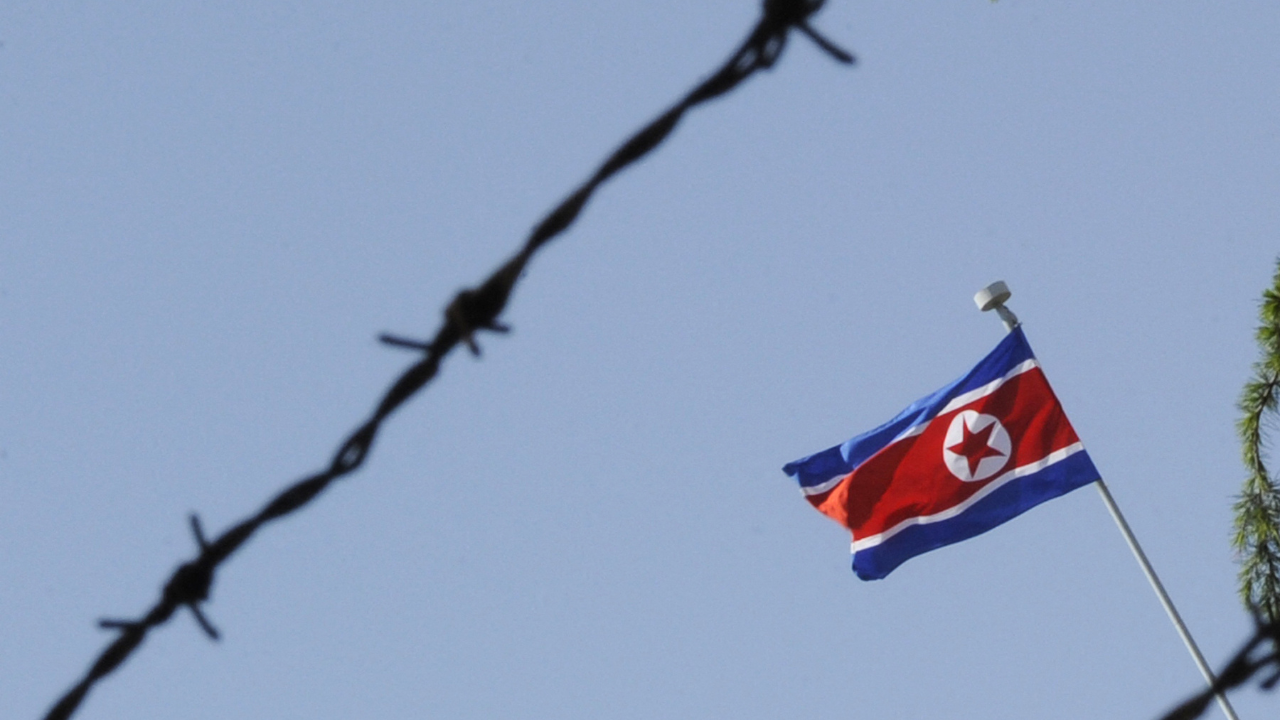- North Korea’s recent criticism of China, Japan and South Korea has revealed tensions with Beijing over Pyongyang’s nuclear weapons.
- North Korea condemned their joint declaration on denuclearization as a “grave political provocation” that violates its sovereignty.
- North Korea has rejected the idea of denuclearization since international talks stalled in 2019, saying it will not give up its nuclear weapons.
North Korea’s rare swipe at China this week underscored how Beijing and Pyongyang do not entirely see eye-to-eye on the latter’s illicit nuclear weapons arsenal, despite warming ties in other areas, analysts and officials in South Korea said.
The North condemned China, Japan and South Korea on Monday for discussing denuclearization of the peninsula, calling their joint declaration after a summit in Seoul a “grave political provocation” that violates its sovereignty.
Even though Beijing helped tone down the statement by advocating mention of the peninsula rather than the North specifically, that was enough to raise its neighbor’s hackles, one analyst said.
US OFFICIAL RAISES ALARM OVER FORCIBLE REPATRIATION OF NORTH KOREANS FROM CHINA
“It is notable that North Korea criticized a joint statement that China had signed onto, even after Beijing helped water down the statement,” added Patricia Kim, of the Brookings Institution in the United States.

The North Korean flag flies over its embassy in Beijing on May 6, 2010. North Korea’s rare swipe at China this week underscored how Beijing and Pyongyang do not entirely see eye-to-eye on the latter’s illicit nuclear weapons arsenal, despite warming ties in other areas, analysts and officials in South Korea said. (PETER PARKS/AFP via Getty Images)
In their remarks, the three nations “reiterated positions on regional peace and stability, denuclearization of the Korean peninsula” but unlike the last such statements in 2019 and earlier, did not commit to pursue denuclearization.
Since international talks with the United States and other countries stalled in 2019, North Korea has moved to reject the concept of ever giving up its nuclear weapons.
“This is about North Korea emphasizing its stance that any diplomatic rhetoric suggesting Pyongyang should eventually denuclearize is unacceptable,” said Tong Zhao, a nuclear expert at the Carnegie Endowment for International Peace.
“After enshrining its nuclear status in the constitution and reprimanding anyone who questions it, North Korea is raising demands for formal international recognition as a nuclear-armed country.”
TOP CHINESE OFFICIAL VISITS NORTH KOREA TO DISCUSS BOOSTING COOPERATION IN HIGHEST-LEVEL MEETING IN YEARS
Queried about the North’s criticism at a press briefing on Tuesday, Chinese foreign ministry spokesperson Mao Ning said “China’s basic position on the Korean peninsula issue remains unchanged,” but did not mention denuclearization.
A South Korean foreign ministry official said there were significant differences of opinion on the North Korean issue among the three countries at the summit, adding that China had not used the term “denuclearization” since last year.
“Considering the current geopolitical situation, I think it would be difficult to get China to agree to something like previous agreements on the issue,” the official said in a briefing.
But the talks suggested that despite the weaker language, China’s fundamental position on denuclearization had not changed, the official added, calling the declaration’s formal use of the term “meaningful”.
NORTH KOREA MESSAGING
China is North Korea’s only military ally, and by far its largest trading partner.
North Korea’s failed launch of a spy satellite just hours after the Seoul summit was not a coincidence and should be seen as part of its message to China, researcher Rachel Minyoung Lee wrote.
“The North’s relations with China have looked to be cooling over the last year, but this is the first time in recent years any signs of trouble have broken into the open,” she wrote in a report for the Washington-based 38 North program.
Brookings’ Kim agreed that the North’s actions showed its ties with China were not as warm as may appear from the outside.
“Even as the two sides have kept up a steady pace of official exchanges and Beijing continues to shield Pyongyang from international pressure, longstanding mutual suspicion and disdain … limits the depth of their alignment,” she said.
CLICK HERE TO GET THE FOX NEWS APP
Now that Pyongyang has strengthened ties with Russia, it probably believes it has greater leverage in relations with China and can afford to be less deferential to it, she added.
Washington-based Zhao said China had some reservations on the North’s deepening military co-operation with Russia, which could undermine Beijing’s near monopoly of influence on Pyongyang.
China is also careful not to create a perception of a de facto alliance among Beijing, Moscow, and Pyongyang that could work against practical co-operation with key Western nations, he added.
But the North’s criticism does not necessarily indicate growing troubles in its ties with China, Zhao said.
“The China-North Korea bilateral relationship appears to be moving at a gradual and stable pace toward greater co-operation,” he added.






